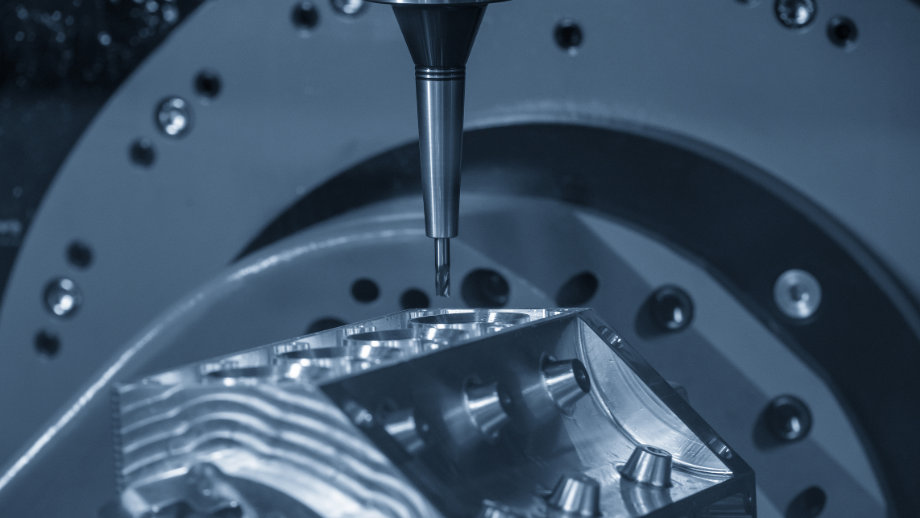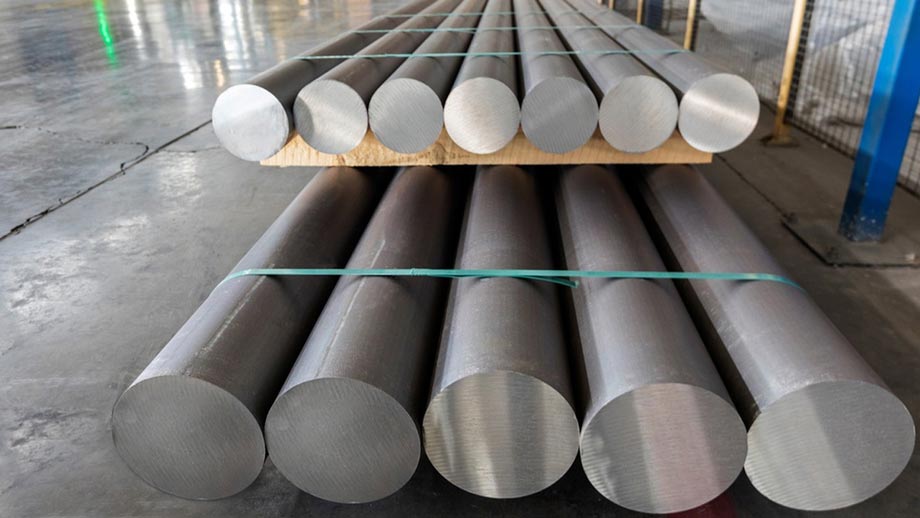CNC Machined Aluminum Parts are widely used and they are often seen in our daily life. CNC machining of aluminum parts is a common manufacturing process that requires consideration of various factors to ensure the design is both functional and producible. This article explores the design considerations for CNC machined aluminum parts, including material selection, geometric limitations, and tolerances.

Aluminum is a widely used material in CNC machining due to its high strength-to-weight ratio, corrosion resistance, and machinability. When designing parts for CNC machining, it is important to consider the material properties, manufacturing processes, and geometric limitations to ensure the part can be produced with accuracy and repeatability.
Material Selection
The first step in the design process is selecting the appropriate material for the application. Aluminum alloys are available in a wide range of grades and tempers, each with its own set of mechanical properties and applications. For example, wrought alloys such as 6061-T6 are commonly used for general-purpose applications, while cast alloys such as A356.T6 are better suited for high-stress and load-bearing applications. It is important to choose a material that meets the requirements of the application while considering cost and manufacturability.

Geometric Limitations
When designing parts for CNC machining, it is important to keep in mind the geometric limitations of the manufacturing process. Machining can only produce features that are possible given the tooling and machine capabilities. This includes limitations on feature size, shape, and location. For example, it may not be possible to create features that are too small or too large for the machine tools to machine. Similarly, features located in hard-to-reach areas may require specialized tooling or post-processing to achieve the desired geometry.
Tolerances
Tolerances are an essential aspect of any manufacturing process and must be taken into consideration when designing parts for CNC machining. Tolerances are used to define the allowable variation in part dimensions and shape. They are essential for ensuring that parts fit together correctly and function as intended. Tolerances should be specified based on the application requirements and the capabilities of the manufacturing process. For example, tight tolerances may be required for high-precision bearing surfaces, while looser tolerances can be used for non-critical surfaces.

Surface finishes
Surface finish is an important consideration in CNC machining as it can have a significant impact on part performance and durability. Finish requirements should be based on the application needs and the function of the surface being machined. For example, highly polished surfaces may be required for bearing applications, while a rough finish can be used for non-critical surfaces. Surface finish should also be considered in relation to tolerances. Features with tight tolerances often require a higher surface finish to ensure proper fit and function.
Tooling considerations
Tooling is a critical factor in CNC machining and must be considered when designing a part. Toolpath planning is critical to ensure efficient tool movement and avoid collisions. This includes selecting the proper tool type, tool size, and tool material, and determining entry and exit angles, entry and exit angles. Tool replacement after tool wear should also be considered as it can affect part quality and productivity.
Production environment
The production environment has a significant impact on part quality and issues. When designing parts for CNC machines, it is important to maintain a stable production environment by considering factors such as cleaning lines, temperature ATURE, humidity, and air pressure.
Conclusion:
In conclusion, when designing parts for CNC machining, it is important to consider a range of factors that affect manufacturability and part performance. This includes material selection, geometric limitations, tolerances, surface finishes, tooling considerations, and production environment. By considering these factors, designers can ensure that their parts are not only functional but also producible with accuracy and repeatability.
JS Precision is a professional CNC parts processing manufacturer. We have a team of experienced engineers, advanced production equipment, and scientific management concepts. We can provide you with high-quality CNC parts processing services. If you have a need for custom CNC parts, please contact us.
